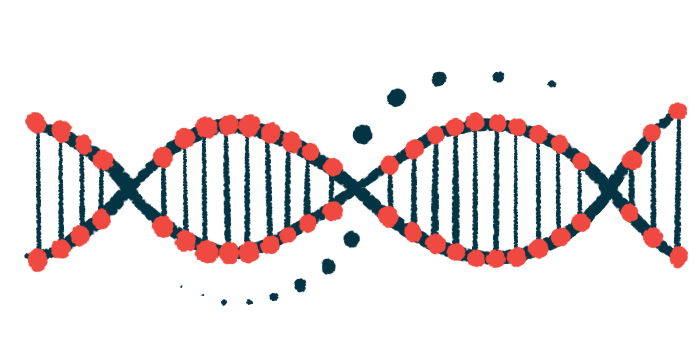New sickle cell gene therapies to come to Comer Children’s Hospital
The FDA approved two new therapies for the disease in December 2023

Comer Children’s Hospital at the University of Chicago will be one of the first centers in the U.S. to offer new gene therapies for sickle cell disease that were approved last year by the U.S. Food and Drug Administration (FDA).
“I’m excited on behalf of our patient population — our patients deserve cutting-edge therapies,” James LaBelle, MD, PhD, director of the hospital’s pediatric stem cell and cellular therapy program, said in a university news release. “As an academic medical center, we are poised to provide new gene therapies to our patients as they are approved while also undertaking the scientific research to understand more about long-term effects — both physical and psychosocial.”
Sickle cell disease is caused by mutations in a gene that provides instructions for making a part of the protein that red blood cells use to carry oxygen through the bloodstream, called hemoglobin. These mutations lead to the production of an abnormal form of the protein that forms clumps inside red blood cells, deforming them into a sickle-like shape, and driving the condition’s symptoms.
Sickle cell can be potentially cured with a stem cell transplant where the stem cells in the bone marrow that can give rise to all types of blood cells are replaced with those from a donor, allowing the body to make new blood cells that don’t have the defective hemoglobin. A traditional transplant requires finding a matching donor, which is often challenging or impossible.
In December 2023, the FDA approved two new gene therapies for sickle cell: Lyfgenia (lovotibeglogene autotemcel) and Casgevy (exagamglogene autotemcel), both authorized for patients ages 12 and older. Lyfgenia is indicated for patients with a history of vaso-occlusive events (VOEs), including painful vaso-occlusive crises (VOCs), acute chest syndrome, and other sickle cell-related complications, while Casgevy is indicated for those with recurrent VOCs.
About gene therapies Lyfgenia, Casgevy
Both therapies work by collecting blood stem cells from a patient, engineering them in a lab to produce a healthy form of hemoglobin, and then inserting the engineered cells back into a patient’s bone marrow via a stem cell transplant so they can give rise to new healthy blood cells. Clinical trials showed both treatments reduced rates of VOEs and VOCs.
“The results of gene therapies are very promising and carry the hope of being definitive and long-lasting, unlike a drug someone might have to take daily for the rest of their life,” LaBelle said. “And since these treatments are based on a patient’s own stem cells, every patient with sickle cell disease has a readily available stem cell donor: themself.”
Lyfgenia delivers a modified version of the gene whose mutation causes sickle cell to blood stem cells. The modified gene encodes a version of hemoglobin that is resistant to sickling, leading to fewer VOCs and other complications. Casgevy uses a gene editing technology called CRISPR/Cas-9 to turn on the production of fetal hemoglobin, an alternative form of the protein that’s normally only produced during fetal development, but can compensate for the dysfunctional adult protein in patients. Casgevy is the first treatment based on CRISPR/Cas-9 to win FDA approval for any disease.
“One of the reasons scientists are excited about CRISPR-Cas9 gene therapy products is that they’re highly targeted and don’t contain any foreign DNA. These properties can potentially make these kind of treatments more targeted,” LaBelle said.
Comer Children’s was one of the first nine centers in the U.S. activated to administer the therapy, and the university expects the first patients will start receiving treatment in the next few months.
“We’re working hard to develop a comprehensive clinic that will not only treat patients with sickle cell disease with gene therapy but also follow them long term and provide ongoing care, including addressing any complications,” LaBelle said. “It’s important that patients are able to access gene therapy without giving up their trusted hematologists and primary physicians.”







